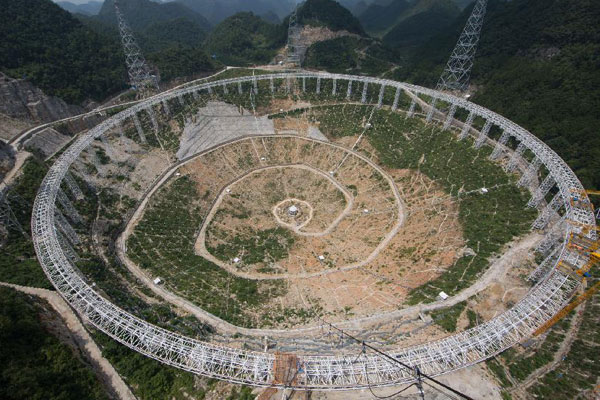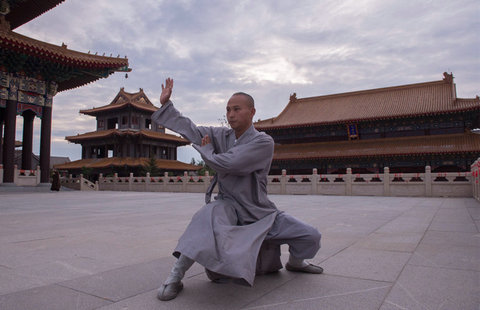Bach: Facilities and sustainability key to winning 2022 bid
Updated: 2015-07-28 16:24
(Agencies)
|
||||||||
 |
|
Wang Hui, spokeswomen of the Beijing 2022 Winter Games bid committee, answers a question during a press conference at a hotel in Kuala Lumpur, Malaysia, July 27, 2015. [Photo/IC] |
The Chinese capital, which hosted the 2008 Summer Olympics, is aiming to become the first city to hold both the Summer and Winter Olympics.
Critics point to China's lack of Alpine venues, and the distance from Beijing of suitable mountainous regions as having a negative impact on the bid.
Beijing bid spokeswoman Wang Hui defended the Chinese bid on Monday, telling a news conference that having deep snow does not guarantee a successful Winter Olympics.
"In addition to snow, you also must have the capacity to receive games clients, to organize games, to provide all the necessary facilities for tourists, have a strong security arrangement and other areas," she said. "In the unlikely event of extreme weather condition, we have the capacity to rely entirely on artificial snow-making facilities and comply with all snow requirements."
Beijing's bid team indicates that one machine is able to produce 20 tons of snow per hour, she said. Snow making will only take 2-3 percent of current water supply in Zhangjiakou and the ski resort stores water in summer months, she added.
Wang said European experts who visited Zhangjiakou found it to be suitable for winter sports, with the dry climate allowing snow to retain its shape, and having a three-zone cluster of facilities was feasible for the games.
"There is no need for concern," she said, adding that the distance between venues was not a negative factor either. "If you look at the history of previous Winter Olympics, 50 minutes from an ice sports venue to a snow sports venue is not the longest.
"China is a big country with a huge population and an increasing number of young people having a strong desire in sports, so the three-zone concept is much more aligned in the long term with the sustainable use of the venues," Wang said. "For China, the end of the games is the beginning of many years of sustainable and healthy use of the venue legacy."

 US Marines Corpos soldiers demonstrate martial arts
US Marines Corpos soldiers demonstrate martial arts
 World's largest radio telescope being built
World's largest radio telescope being built Elvis Festival pays tribute to the King of Rock 'n' Roll
Elvis Festival pays tribute to the King of Rock 'n' Roll
 Four-color rice turns paddy field into artwork
Four-color rice turns paddy field into artwork
 Images capture modern life of a warrior monk
Images capture modern life of a warrior monk
 The world in photos: July 20 - 26
The world in photos: July 20 - 26
 Amazing landscape of China in white and black
Amazing landscape of China in white and black
 Across America over the week (July 17- July 23)
Across America over the week (July 17- July 23)
Most Viewed
Editor's Picks

|

|

|

|

|

|
Today's Top News
Embassy continues its work in aftermath of car bombing
Netizens pack heavy wallets
Delta's stake in China Eastern boosts partnership
Beijing condemns Somali attack, mourns deaths
Panda 'fakes pregnancy' to get better living conditions
China eyes deepened cooperation with overseas NGOs
Monster Hunt breaks Chinese box office record
Olympic bid panel cites city's merits
US Weekly

|

|






